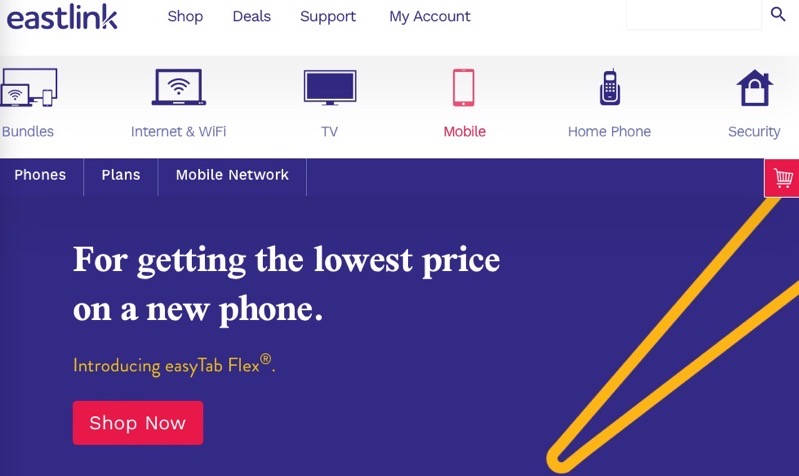
CRTC Moves to Boost High-Speed Internet Competition in Canada
The Canadian Radio-television and Telecommunications Commission (CRTC) says it has launched measures to enhance the choice and affordability of high-speed Internet for over five million households in Canada.
The CRTC has launched a fast-tracked process aimed at opening up access to fibre-to-the-home (FTTH) networks owned by major telephone and cable companies to their competitors, particularly in Ontario and Quebec where market competition has notably decreased.
The commission’s recent proceedings, which saw over 300 interventions, revealed a concerning decline in competition within the Internet services sector. A significant drop in the customer base served by independent competitors has been observed, with a 47% decrease in Ontario and Quebec. The consolidation of several smaller providers by larger entities has further limited the high-speed Internet options available to Canadians.
A case in point is Bell’s recent acquisition of Distributel, but only for the latter to cease wholesale services next month.
In response to its findings, the CRTC established interim rates for competitors to utilize the FTTH networks of large telephone companies. This temporary measure is designed to balance the need for competition with the necessity for continued investment in network quality by Canada’s major Internet companies.
“The CRTC is acting quickly to improve Internet services competition across Canada. Today’s initial decision will bring new options to more than five million households. As the CRTC’s review advances, Canadians can expect continued action to increase choice and affordability, while supporting investment in high-quality networks,” said Vicky Eatrides, Chairperson and CEO of the CRTC, in a statement on Monday afternoon.
Large telephone companies currently have the most widespread FTTH networks, with 60% of Canadian homes and businesses, excluding the territories, having access by the end of 2022.
Following the initial decision, large telephone companies are mandated to grant access to their FTTH networks to competitors within six months, allowing time for necessary preparations and system developments.
The CRTC anticipates a public hearing to start on February 12, 2024, as part of its ongoing efforts to ensure a competitive and fair Internet services market.
“Today’s decision should be a lifeline for small ISPs– but it comes so late, most have already sunk,” said Matt Hatfield, Executive Director of OpenMedia, in reaction to the news.
“Fibre internet is the high speed Internet gold standard Canadians now demand, and the CRTC’s indifference to that reality has led to most small ISP players being edged out or absorbed by telecom giants over the last few years. And that means higher internet prices and less innovation for Canadians in our essential service telecom sector, despite the fact that we already pay some of the highest prices in the world,” said Hatfield.
“Finally making the right decision today can’t bring the small ISPs we’ve lost back – all the more so if it proves to be only temporary, local relief.” continued Hatfield.
“Much more is needed. The CRTC needs to take a long, hard look in the mirror, and be honest with itself about the consequences of being so long asleep at the wheel, and how drastic its actions need to be to right the ship. Small telecom investors burned once by the CRTC aren’t going to come back for half-measures; they’re going to need very clear indicators that our regulator won’t abandon them again, and that means permanent favourable decisions, not temporary, local stop gaps,” he said.
Independent internet providers in Canada have been gobbled up by incumbents over the last three years, including Ebox, Distributel, Oxio and Start.ca. TekSavvy, the largest independent ISP announced it was up for sale in June 2023.
“The Commission approves, on an interim basis, the following adjusted rates for Bell Canada’s temporary access to fibre-to-the-premises (FTTP) facilities over aggregated wholesale high-speed access (HSA) services (temporary aggregated FTTP access) for Ontario and Quebec, for TELUS Communications Inc.’s (TCI) temporary aggregated FTTP access in Quebec, and for TCI’s capacity-based billing (CBB) to be used with its temporary aggregated FTTP access in Quebec,” reads the decision.
So this means Bell and Telus will need to offer adjusted rates in Ontario and Quebec to wholesalers.
What do you think about the CRTC’s grand plans to increase competition when it comes to Internet?


